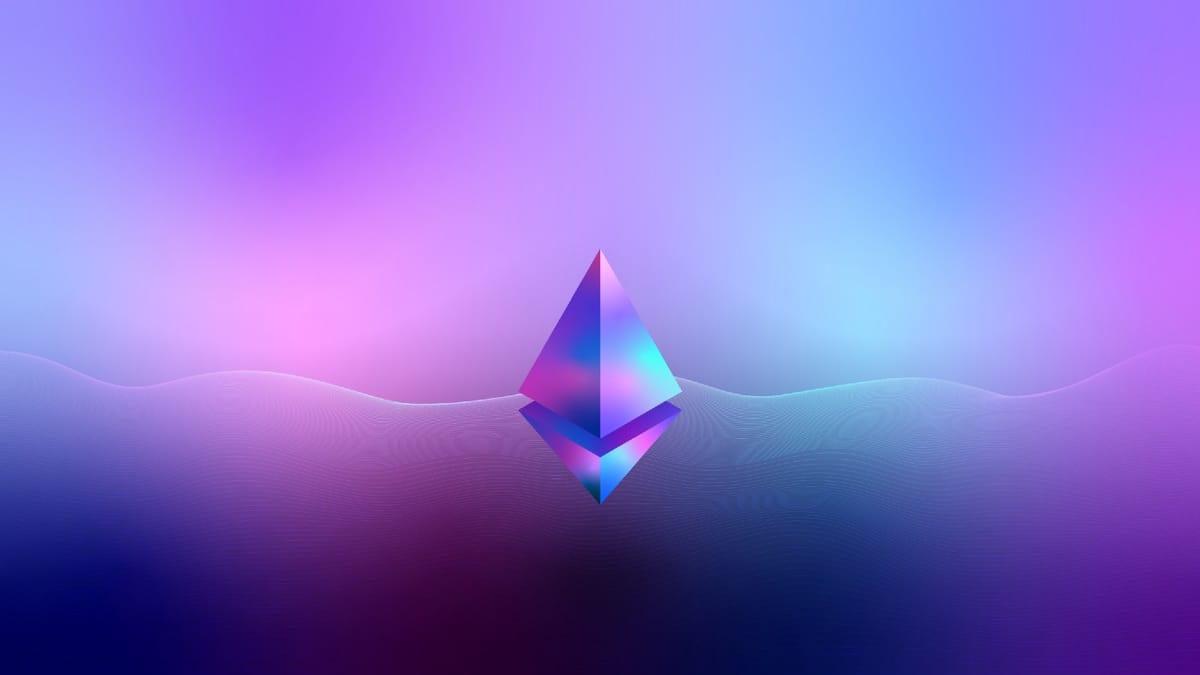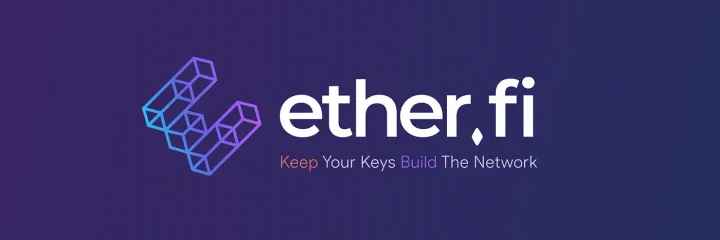Revolutionizing DeFi with ERC-4337

Heard the buzzword "account abstraction" thrown around countless times but still don't quite grasp what it entails? Fear not, because this thread will break it down for you in simple terms. So let's dive right in and demystify this concept.
What is Account Abstraction (AA)?
In essence, account abstraction refers to a new standard for interacting with blockchains. It allows users to utilize smart contract wallets instead of relying solely on externally owned accounts (EOAs) like popular solutions such as MetaMask. With account abstraction, users gain the ability to define their own custom validation logic for their wallets, going beyond the constraints of a mere seed phrase.
However, account abstraction encompasses more than just smart contract wallets. It also encompasses other concepts such as paymasters, bundlers, and the unification of contract accounts and EOAs. These elements work together to enhance the capabilities and efficiency of blockchain interactions.
Why is it important?
So, why is account abstraction so exciting? The answer lies in the potential it unlocks. With smart contracts being able to handle assets directly, a multitude of benefits emerge. First and foremost, it drastically reduces the friction associated with on-chain interactions. This reduction in friction comes in the form of simplified key management, programmatic guardrails against human error, gasless transactions, atomic transactions, and various other automations.
How does it work?
To understand how account abstraction operates, we need to delve into the concepts of User Operations (UOs), Entry Points, and the set of contracts that form the foundation of account abstraction.
User Operations (UOs) represent the fundamental units of work in account abstraction. Each UO represents a single action that a user wants to perform, whether it's sending a transaction, creating a subscription, or casting a vote.
The Entry Point is a smart contract that handles the validation and execution of User Operations. It serves as a global contract that users employing ERC-4337 compliant smart contract wallets will utilize for transacting on the Ethereum Virtual Machine (EVM).
Account Abstraction is based on a set of five contracts that work together to facilitate seamless blockchain interactions:
- UserOperation: This contract represents a single user action. For example, a UserOperation could represent a transaction, a subscription, or a vote.
- Bundler: This contract bundles together multiple UserOperations into a single transaction. This is useful for things like batch transactions or transactions that require multiple signatures.
- Sender: This contract is responsible for sending transactions on behalf of users. The Sender contract can be used to pay for gas, and it can also be used to implement custom security measures.
- EntryPoint: This contract is responsible for validating and executing UserOperations. The EntryPoint contract is also responsible for refunding gas to the Sender contract.
- Aggregator: This contract aggregates multiple UserOperations into a single event. This is useful for things like tracking user activity or implementing analytics.
Now, let's explore some of the benefits that account abstraction brings to the table:
- Increased security: Account Abstraction allows users to choose their own custom validation logic. This means that users can implement their own security measures to protect their funds. By having greater control over the validation process, users can enhance the security of their transactions and assets.
- Improved user experience: Account Abstraction makes it easier for users to interact with decentralized applications (dapps). For example, users no longer need to worry about managing their own private keys. Instead, they can rely on the smart contract wallet and its associated validation logic to handle transactions and secure their assets.
- Reduced gas costs: Account Abstraction can help to reduce gas costs for users. This is because the Sender contract can pay for gas on behalf of users. By having a separate contract responsible for gas payments, users can offload the gas costs, making blockchain interactions more affordable and accessible.
- Increased flexibility: Account Abstraction provides developers with more flexibility when building dapps. For example, developers can use the Bundler contract to batch together multiple transactions, optimizing gas usage and reducing network congestion. Additionally, the EntryPoint contract enables developers to implement custom logic for validating and executing UserOperations, allowing for more sophisticated and tailored interactions.
Conclusion
Account abstraction represents a groundbreaking shift in how users interact with blockchains. By leveraging smart contract wallets, paymasters, bundlers, and the set of contracts mentioned above, this new standard opens up exciting possibilities for simplifying key management, reducing gas fees, and automating transactions. With the emergence of innovative solutions like Rainmaker, the future of DeFi and blockchain interactions is becoming increasingly accessible to all.
Rainmaker is the first mobile Account Abstraction wallet. With no gas fees or seed phrases, 10x faster transactions, a seamless DeFi integrations, Rainmaker is bringing DeFi to everyone. Learn more about Rainmaker here.

